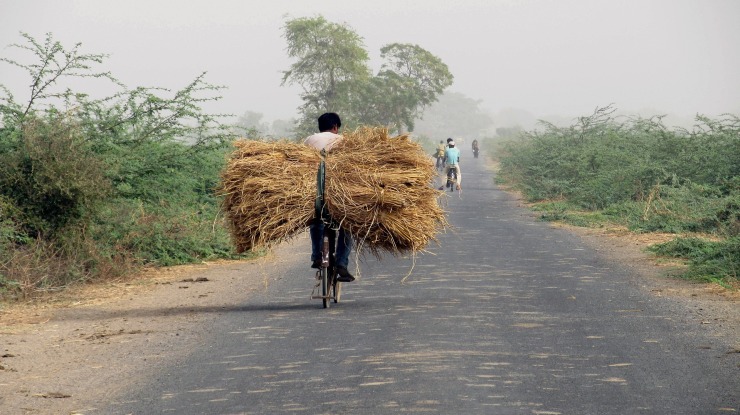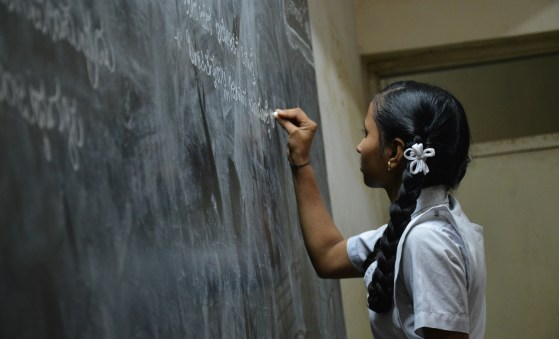
The Chhattisgarh Waqf Board has issued a controversial directive requiring all mosques
in the state to submit their Friday sermons for prior vetting, sparking intense debate over
religious freedoms and constitutional rights.
The order, set to take effect from 22 November, encompasses approximately 3,800
mosques across Chhattisgarh. Board Chairman Salim Raj, who also heads the BJP's
minority affairs wing in the state, said the measure aims to prevent political speeches
being made “under the guise of worship.”
“Henceforth, if any muttawali plays politics or gives political statements or speaks
against the government, they will face lawful action,” Raj told The Indian Express. “For
the first violation, we will serve them a notice, and for the second violation, we will
approach the police to register an FIR against them.”
The implementation involves mosque caretakers sharing their proposed sermons via
WhatsApp groups three to four days before delivery. The board has initially appointed 10
people to review the content, with plans to expand to 50 reviewers. According to Raj,
approximately 1,822 mosques, dargahs and khanqahs have already joined the
designated WhatsApp groups.
Raj, who has been associated with the Sangh Parivar (RSS) for many years and
previously headed the Haj Committee in Chhattisgarh, defended the move by citing
concerns about the misuse of religious spaces. He specifically accused the previous
Congress government of spreading “misinformation” about the Citizenship Amendment
Act (CAA) through mosques, claiming it was wrongly portrayed as legislation to drive
away Muslims.
“The Waqf Board has made this rule to maintain social peace and harmony, and to
ensure that mosques are not turned into political addas”, Raj stated. He further alleged
that mosques were being misused during elections, including “the issuing of fatwas on
which candidate the Muslim community must vote for.”
The directive has faced strong opposition from various quarters. All India Majlis-e-Ittehadul Muslimeen chief Asaduddin Owaisi challenged its legality on social media:
“Now BJP people will tell us what is religion? Do I have to take permission from them to
follow my religion? The Waqf Board has no such legal power, and even if it had, it would
have been against Article 25 of the Constitution.”
The Muslim community’s response has been mixed. Parvez Ahmed, a prominent
community leader in Raipur, expressed concerns about the directive's unprecedented
nature: “While it aims to regulate content, it raises questions about the autonomy of
religious institutions. The Board should engage with community leaders to address
these concerns.”
Congress spokesperson Sushil Anand Shukla argued that while the board has authority
over property assessment, it lacks the power to dictate sermon content, calling the
directive “unconstitutional.”
BJP state spokesperson Tauqir Raza supported the measure, drawing parallels with
Kashmir: “We have seen in Kashmir, where they kept issuing fatwas and it led to
Kashmiri Pandits facing violence and fleeing the place” He added that the government
would monitor mosques to prevent their misuse and act against “controversial
comments” made against the nation or state.
Raj has reported receiving threats since issuing the order, with some calling him a
“kafir” and “non-Muslim.” However, he maintains that many Muslim religious leaders
support the initiative and cites The Waqf Act, 1995 as the legal basis for the directive,
stating that muttawalis “do not have the authority to give political or any such
statements.”
Pankaj Kumar Jha, media advisor to Chief Minister Vishnu Deo Sai, emphasised the
board’s autonomy, stating: “The Constitution remains paramount in Chhattisgarh. The
Waqf Board's decision is an internal matter and does not reflect direct government
intervention”.
Raj also expressed support for the Centre's Waqf (Amendment) Bill, which has faced
opposition criticism. He argued that if the bill had been introduced 25 years ago, “the
image and fate of Muslims would have been different. Today, Muslims are more
backward than Dalits.”




